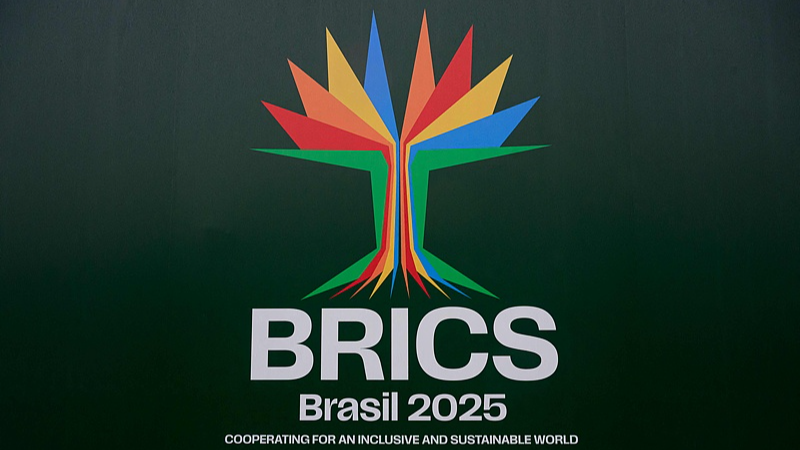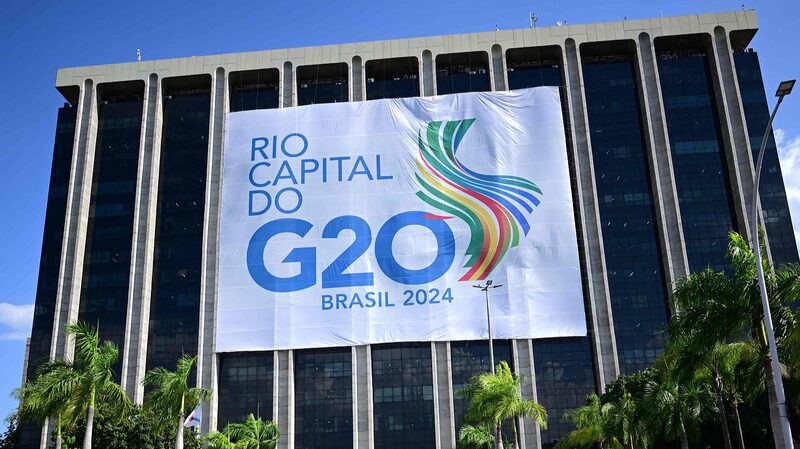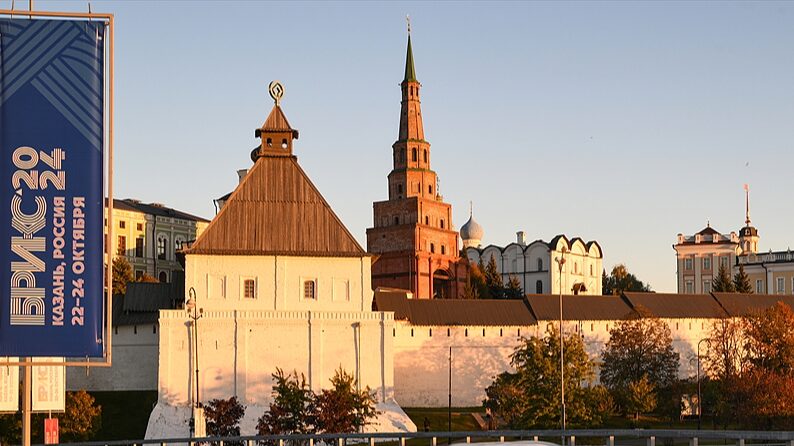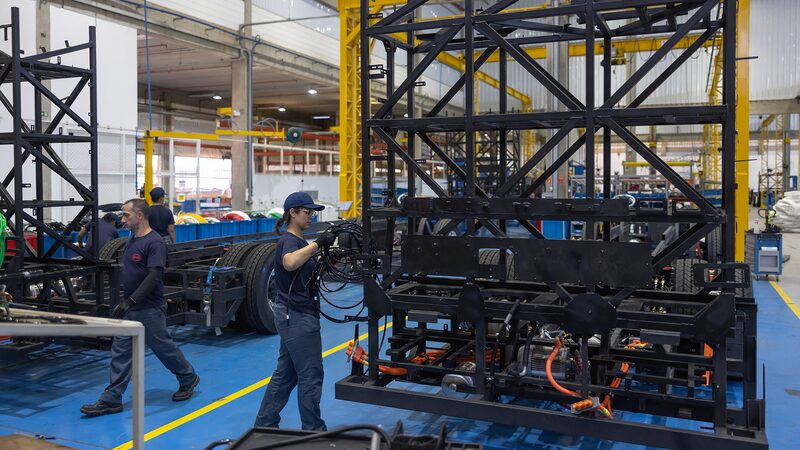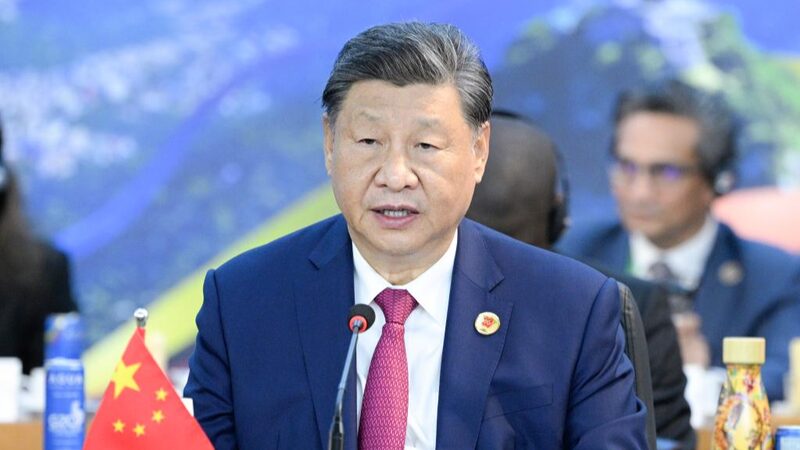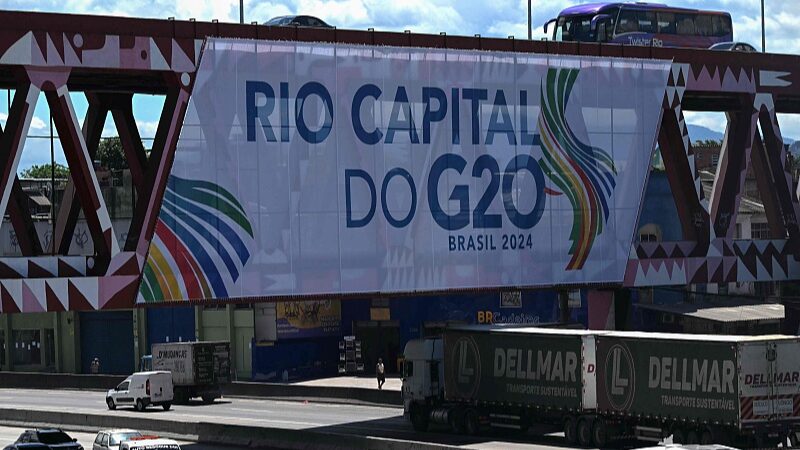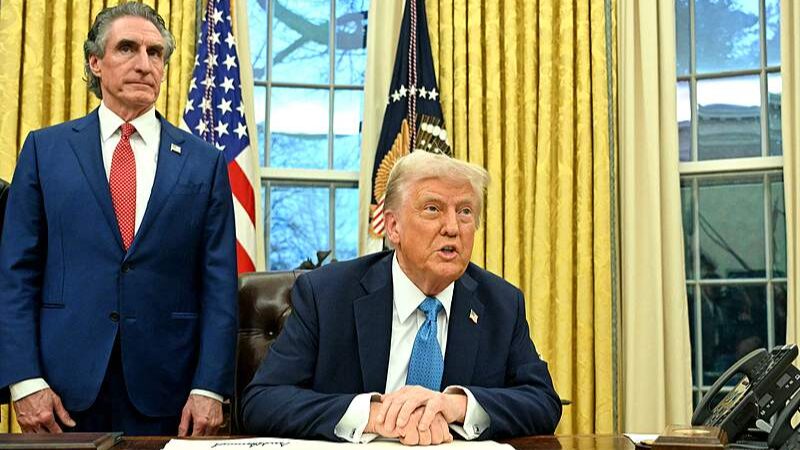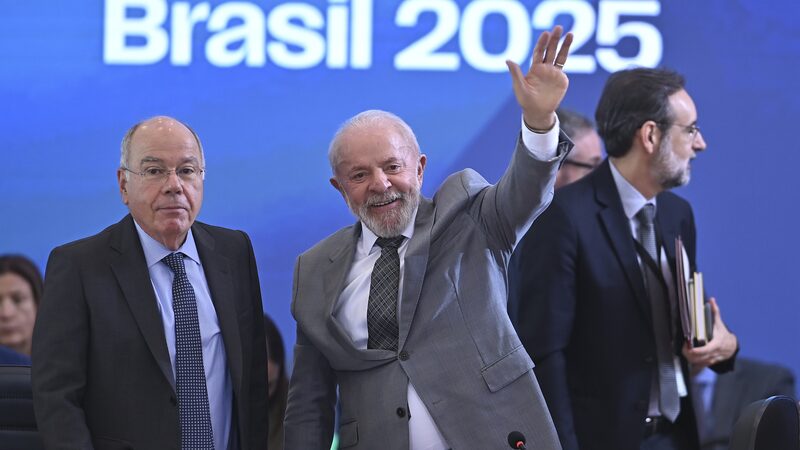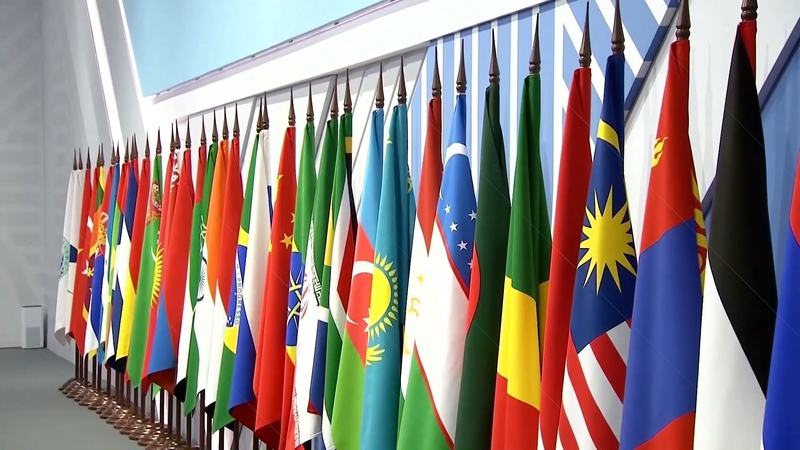As leaders from 11 BRICS member states prepare to gather in Rio de Janeiro this week, the bloc’s first summit under its expanded format promises to reshape cooperation among Global South nations. Scheduled for July 6-7, 2025, the meeting follows Brazil’s six-month presidency focused on combating economic fragmentation and advancing sustainable governance reforms.
Trade Tensions Take Center Stage
With U.S. “reciprocal tariffs” threatening to upend WTO frameworks, BRICS – representing 30% of global GDP – is expected to unveil countermeasures. Recent foreign ministers’ statements condemned protectionism while endorsing the 2030 Strategy for BRICS Economic Partnership, a blueprint to boost intra-bloc trade through industrial collaboration and supply chain resilience.
Six-Point Roadmap for Change
Brazil’s presidency has prioritized:
- Global health system overhauls
- Climate action partnerships
- AI governance frameworks
- Multilateral security reforms
- Strengthened financial mechanisms
Analysts predict concrete agreements on climate financing and digital infrastructure, building on the Partnership for the New Industrial Revolution (PartNIR) launched in 2023.
Expanding Influence
The summit marks BRICS’ evolution from a geopolitical dialogue platform to a coalition driving alternative governance models. With 10 partner nations attending as observers, discussions may address membership criteria and institutional reforms to accommodate the bloc’s growing economic clout.
Reference(s):
What to expect from BRICS summit in Brazil: A preview of priorities
cgtn.com
